Selected Store
Stock 5 pieces
Set the delivery location to see products according to your choice.

Selected Store
Stock 5 pieces


Scientific Books


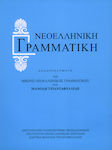
Language & Philology Books
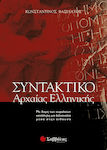
Language & Philology Books
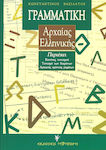
Language & Philology Books


Language & Philology Books

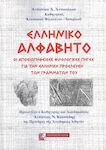
Language & Philology Books


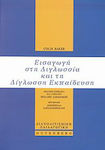


Language & Philology Books
Prices are calculated for:Luxembourg, Other Payment Options
As defined by the Greek language, man is "merops," meaning he divides his voice. He produces articulate sounds in a clear, distinct manner, in contrast to animals, which emit inarticulate cries. "The voices of beasts are indivisible... I do not call any of them an element..." states Aristotle in "Poetics." Science today informs us that man is equipped with special centers in his brain, the Language Centers. That is why even the dullest people learn to speak, while even the smartest apes will never achieve it. Euripides already hints at this clearly in the "Suppliants" (line 201) in a poetic manner: The god, having arranged human life from the mixed and beastly, first implanted understanding (these are the language centers), then gave the tongue as a messenger. And Heraclitus: "The most beautiful of apes is ugly compared to the human race." That is, if you compare the most beautiful of apes to man, he appears ugly. Galen, as a physician, records how the tongue moves automatically to repeat the sounds, the words, that the infant hears: "If you show bread to a child and name it 'bread' at the same time, and do this twice or thrice, the child understands that the word 'bread' is the sign of the shown object, and imitates it, speaking without being taught how to move its tongue." Therefore, "man the merops," dividing, separating, and distributing the sounds of his voice, through which he reveals, discloses, and announces ("tongue as a messenger") his thoughts to others, created syllables: "A syllable is the combination of a consonant (or consonants) with a vowel (or vowels); by extension, a syllable can also be composed of a single vowel alone.
Specifications are collected from official manufacturer websites. Please verify the specifications before proceeding with your final purchase. If you notice any problem you can report it here.